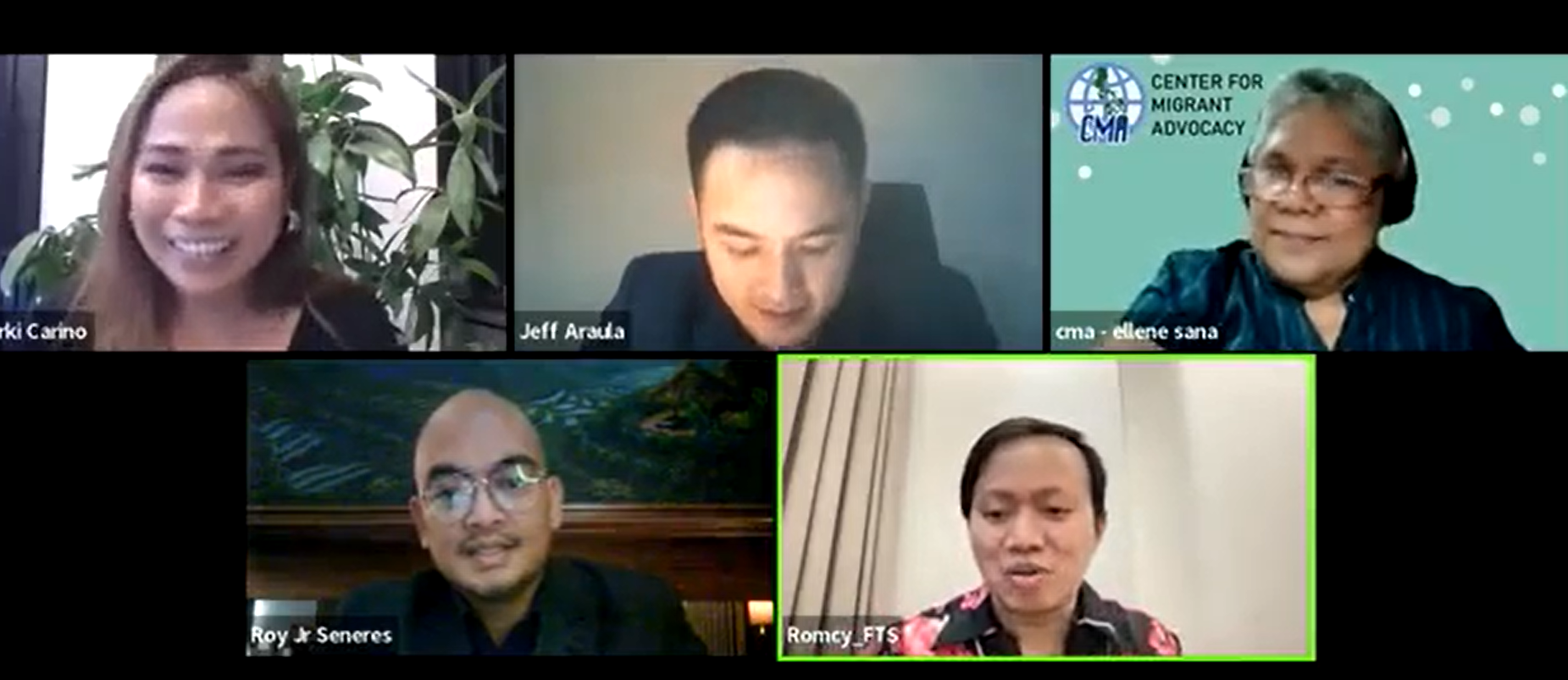No consumer wants to buy products made by slaves. And no investor wants to support companies that use slave labor. But it’s extraordinarily difficult for shoppers or stockbrokers to know which products or companies may be tainted by trafficking.
U.S. Rep. Carolyn Maloney (D-NY) and U.S. Rep. Chris Smith (R-NJ) want to help. They’ve just introduced the Business Supply Chain Transparency on Trafficking and Slavery Act of 2014 (H.R. 4842).
The bipartisan bill requires major U.S. companies to publicly disclose measures they are taking to prevent human trafficking, slavery and child labor in their supply chains. Publicly held companies with more than $100 million in global gross receipts would make annual disclosures to the Securities and Exchange Commission.
“Human trafficking, child labor and slavery are, unfortunately, not relics of the past but very much present in the 21st century,” Maloney said in a statement released today. “Every day, Americans purchase products tainted by forced labor and this bill is a first step to end these inhumane practices.” (Read the full statement here.)
The bill is supported by the Alliance to End Slavery and Trafficking (ATEST), a coalition of leading human rights organizations, including Free the Slaves, working to eradicate slavery.
“Enactment of supply chain transparency legislation will provide consumers with information about companies that are – and are not – taking substantial steps to address slavery. It will also help investors better understand the reputational and other risks of investing in particular companies,” ATEST said in a statement released today.
“The legislation recognizes a company’s ability to positively impact human rights around the world. Federal legislation can even help American businesses by establishing clear federal standards and a level playing field, avoiding the need for companies to comply with differing state laws on supply chain transparency, such as California’s transparency law,” ATEST notes. (Read the full ATEST statement here.) (Learn about California’s transparency law and corporate compliance here.)
“By requiring companies with more than $100 million in worldwide receipts to be transparent about their supply chain policies, American consumers can learn what is being done to stop horrific and illegal labor practices,” said FTS Programs Director Karen Stauss. “This bill doesn’t tell companies what to do, it simply asks them to tell us what steps they are already taking. This transparency will empower consumers with more information that could impact their purchasing decisions.”
The U.S. is the world’s largest importer, and the public is increasingly demanding information about the human rights impact of products in American stores. In 2012, the U.S. Dept. of Labor identified 134 goods from 74 countries made by forced and child labor.
“Businesses shouldn’t turn a blind eye to the working conditions of people who make their products, and the supply chain transparency act is a great step toward making sure they can’t. American consumers want and deserve to know what’s behind the food, clothing, and other goods they use every day. Having companies report what they are doing to prevent trafficked or forced labor isn’t asking much; and for tens of millions of people working in conditions of modern slavery it is absolutely urgent,” said Melysa Sperber, director of ATEST.
Transparency legislation is being welcomed by investors as well as by anti-slavery activists.
“Given the complexity of global supply chains and the multitude of contractors, recruiters, and suppliers used throughout a production process, companies without comprehensive anti-trafficking and slavery protocols are exposed to a host of financial, regulatory, legislative, legal and reputational risks with the potential to adversely impact shareholder value,” said the Interfaith Center on Corporate Responsibility (ICCR), a coalition of 300 investors with assets under management of over $100 billion, in a statement today.
“Proactively addressing these risks can guard against the negative publicity, business interruptions, potential lawsuits, public protests, and reputational damage that may result from undetected human rights violations. As concerned investors, we believe that companies with formal human rights due diligence processes are better positioned to safeguard against these adverse human rights impacts and hence, better able to protect shareholder value.” (Read the full ICCR statement here.)



